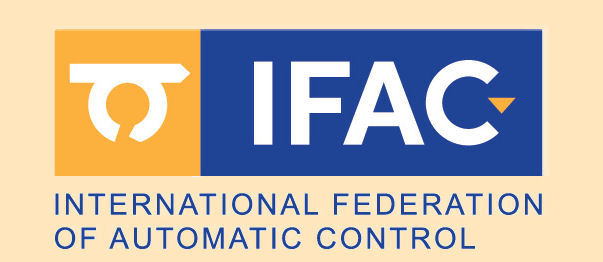| Paper TuAT2.1
Termous, Hussein (Lebanese University, CRSI LAB; University of Bordeaux, IMS LAB), MOREAU, Xavier (University of Bordeaux, FRANCE), Francis, Clovis (Lebanese University, Faculty of Engineering, Branch 1), Shraim, Hassan (LSIS, Univ AIX marseille III)
Effect of Fractional Order Damping Control on Braking Performance for Electric Vehicles
Scheduled for presentation during the Invited Session "Vehicle Suspension Control I" (TuAT2), Tuesday, June 25, 2019,
10:30−10:50, Chenonceau
9th IFAC International Symposium on Advances in Automotive Control, June 23-27, 2019, Orléans, France
This information is tentative and subject to change. Compiled on April 25, 2024
|


 This site is protected by copyright and trademark laws under US and International law.
This site is protected by copyright and trademark laws under US and International law.